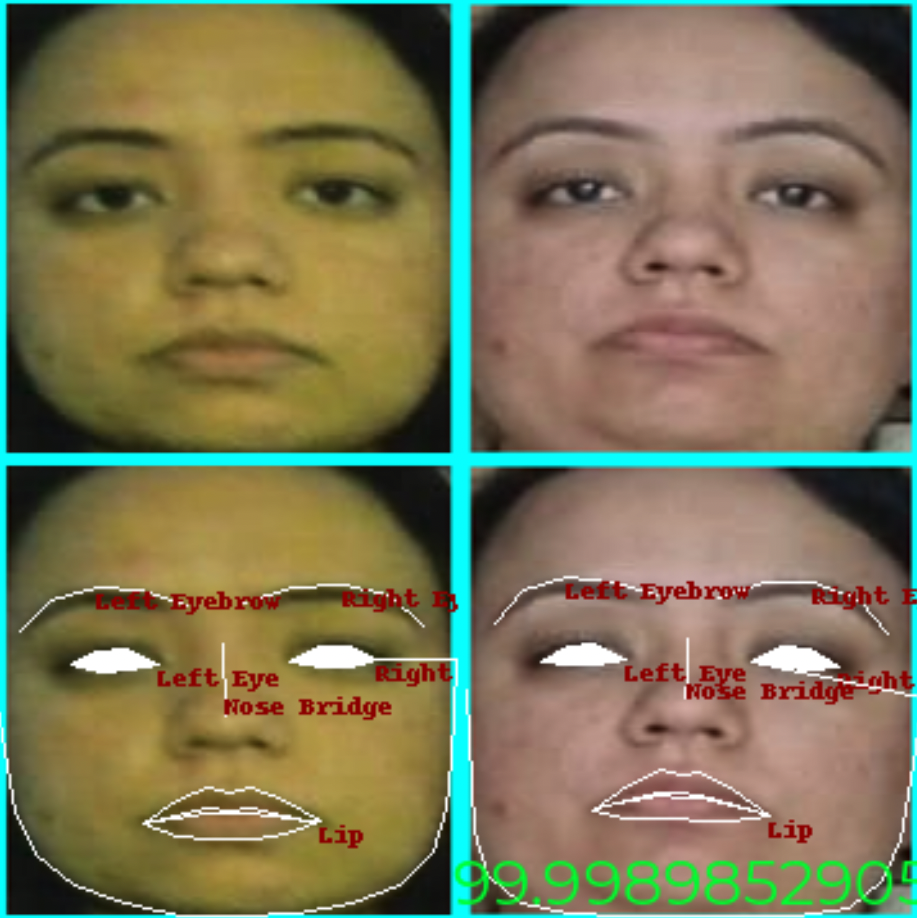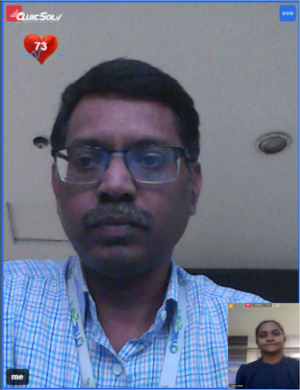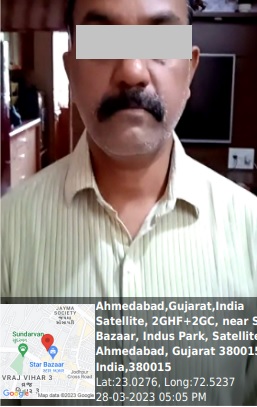Video MER, or Video based Medical Examination Report, is a process in which insurance companies use video technology to remotely conduct medical examinations for applicants or proposers, using qualified medical professionals. This can be done through the use of video conferencing tools.
Insurance companies may use Video MER to reduce costs and improve efficiency by eliminating the need for in-person medical exams. It can also be used to quickly assess the medical condition of an applicant, which can help the company make informed decisions about coverage and sums assured.
Video MER can be especially useful for insurance companies that need to review medical exams for applicants or proposers, who are located in remote or underserved areas, or who have mobility or transportation issues that make it difficult for them to attend an in-person exam.
How effective is Video MER against Physical MER?
Video Medical Exam Report (Video MER) and Physical Medical Exam Report (Physical MER) are both methods that insurance companies use to conduct medical examinations on applicants aspiring to get insured. Both methods can be effective in certain situations, but it is important to consider the specific needs and circumstances of the policyholder or applicant when deciding which method to use.
One advantage of Video MER is that it allows insurance companies to review medical exams remotely, which can be more convenient and accessible for policyholders or applicants who are located in remote or underserved areas, or who have mobility or transportation issues. Video MER can also help to reduce the risk of exposure to infectious diseases by eliminating the need for in-person visits.
On the other hand, Physical MER may be necessary in situations where a more thorough and in-depth examination is required. For example, if a policyholder or applicant has a complex medical condition that requires a hands-on examination or specialized testing, Physical MER may be more appropriate.
In general, the effectiveness of Video MER versus Physical MER will depend on the specific needs and circumstances of the policyholder or applicant, as well as the medical condition being evaluated. Insurance companies should carefully consider these factors when deciding which method to use for reviewing medical exams.






